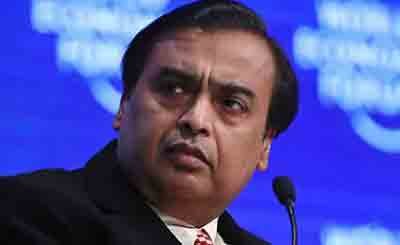New Delhi | November 11, 2025 — India is set to take center stage at the upcoming World Health Organization (WHO) Global Health Summit, where it plans to promote the integration of traditional medicine systems like Ayurveda, Siddha, Unani, and Yoga into mainstream global healthcare.
The initiative, led by the Ministry of AYUSH, underscores India’s growing emphasis on evidence-based research and international collaboration to establish traditional medicine as a credible, complementary pillar of modern medical practice.
“Our goal is to make traditional systems globally accessible, scientifically validated, and integrated with public health strategies,” said an AYUSH Ministry official ahead of the summit.
India’s delegation will present a series of clinical studies, policy frameworks, and pilot programs demonstrating how Ayurvedic practices can aid in preventive healthcare, mental wellness, and chronic disease management.
The move aligns with the WHO’s push to create a Global Centre for Traditional Medicine (GCTM) — inaugurated in Gujarat’s Jamnagar in collaboration with the Indian government — which serves as a global hub for research and innovation in traditional therapies.
Health experts view India’s participation as a soft power milestone, using health diplomacy to position itself as a leader in sustainable and holistic healthcare.
“Ayurveda represents more than heritage — it’s a data-driven health science,” said a senior researcher at the All India Institute of Ayurveda, noting increased international interest in herbal and integrative therapies post-pandemic.
The WHO summit will also discuss standardization, clinical validation, and safety protocols for traditional medicines, aiming to bridge the gap between ancient wisdom and contemporary medical science.
🌍 Global Context and Outlook
India’s initiative comes amid growing recognition of holistic and preventive health models worldwide. The WHO estimates that nearly 80% of the global population relies on some form of traditional medicine, yet only a fraction of it is regulated or scientifically evaluated.
By leading the discussion, India hopes to encourage global partnerships, research collaborations, and medical exchange programs that could transform how traditional knowledge is integrated into 21st-century healthcare systems.















